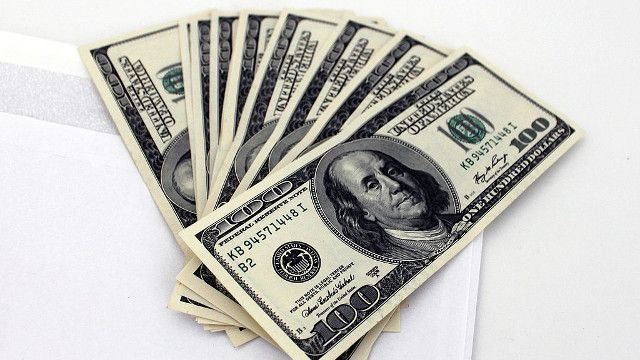
Piece by piece, campaign finance reform has faced death by a thousand cuts. A long string of court decisions has largely dismantled the government’s authority to regulate spending on federal elections, and a wave of money has followed each one.
In today’s Washington Post, Matea Gold reports that the first election cycle following the Supreme Court’s McCutcheon decision is no exception. She writes:
Andrew Sabin gave Republicans so much money in 2012 that he accidentally went over a limit on how much individuals could donate to federal candidates and party committees.
So Sabin, who owns a New York-based precious-metals refining business, was delighted when the Supreme Court did away with the limit in April. Since then, he has been doling out contributions to congressional candidates across the country — in Colorado, Texas, Iowa and “even Alaska,” he said.
Top Republicans have taken notice: Sen. Ted Cruz (Tex.) and Florida Gov. Rick Scott have paid him personal visits this year, he noted proudly.
“You have to realize, when you start contributing to all these guys, they give you access to meet them and talk about your issues,” said Sabin, who has given away more than $177,000. “They know that I’m a big supporter.”
Sabin and other wealthy political contributors have more access than ever to candidates since the ruling in McCutcheon v. Federal Election Commission. More than 300 donors have seized the opportunity, writing checks at such a furious pace that they have exceeded the old limit of $123,200 for this election cycle, according to campaign finance data provided by the Center for Responsive Politics, a nonpartisan research organization.
Among them are Las Vegas casino titans and New York hedge fund managers, Silicon Valley investors and Texas oil barons. Their ranks include well-known billionaires such as George Soros, Sheldon Adelson, and Charles and David Koch, but also lower-profile players such as Arkansas poultry magnate Ronald Cameron and New York pearl purveyor Christina Lang Assael.
Together, 310 donors gave a combined $11.6 million more by this summer than would have been allowed before the ruling. Their contributions favored Republican candidates and committees over Democratic ones by 2 to 1.
There’s much more to the story; read the whole thing at The Washington Post.

